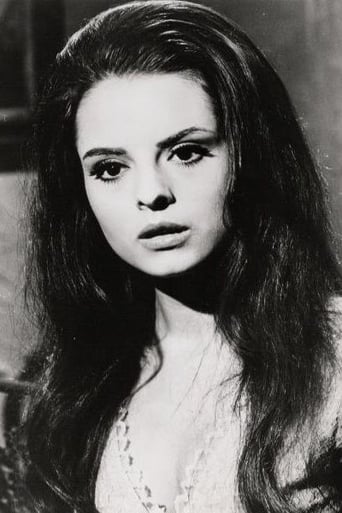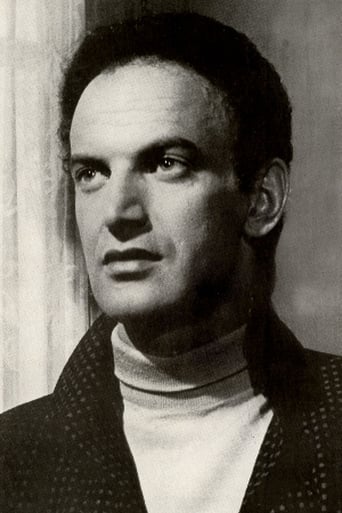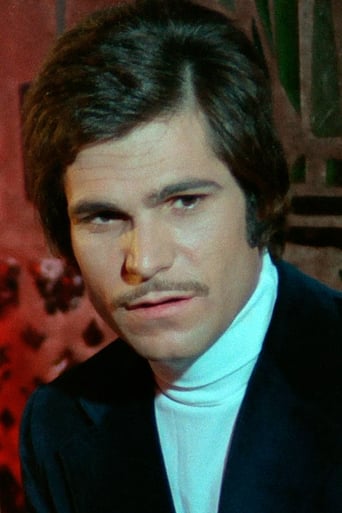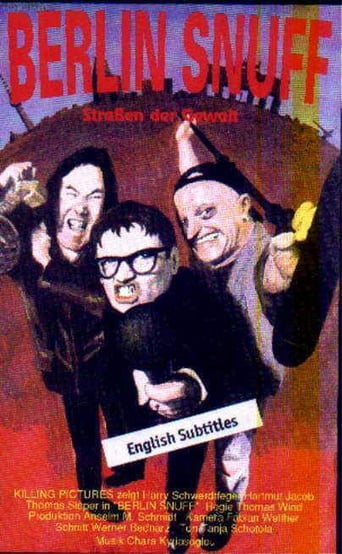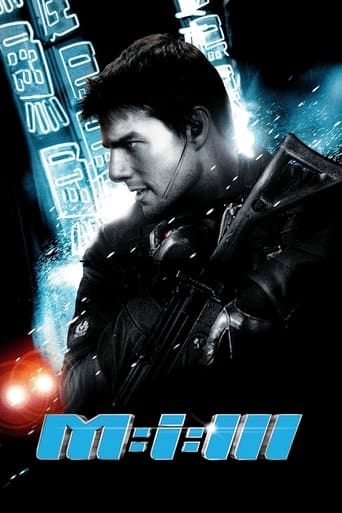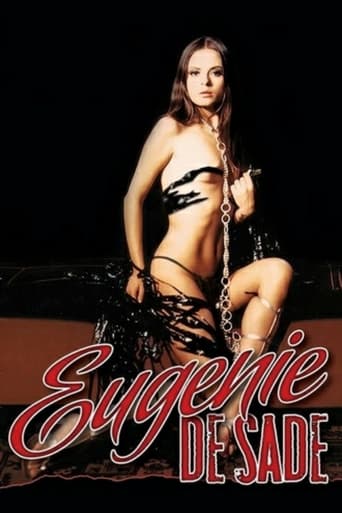
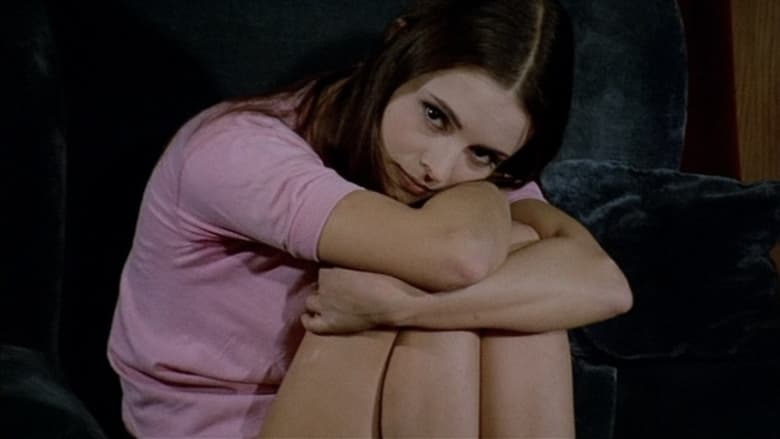
Eugenie de Sade (1973)
Eugenie, a beautiful but shy young girl, lives with her stepfather, a famous writer specializing in stories of erotica. One day she happens to read one of his "erotic" books and its power so affects her that begins to find herself sexually attracted to her stepfather. He notices this, and eventually brings her into his dark world of sexual perversion and murder.
Watch Trailer
Cast
Similar titles
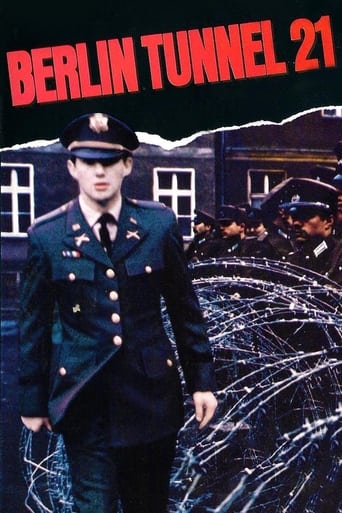
Reviews
A Masterpiece!
Good films always raise compelling questions, whether the format is fiction or documentary fact.
A story that's too fascinating to pass by...
The movie's neither hopeful in contrived ways, nor hopeless in different contrived ways. Somehow it manages to be wonderful
Is 'Eugenie de Sade' simply an excuse for Spanish Director Jess Franco to film as many shots of Soledad Miranda's semi-naked body as possible? What do you reckon? Did he even need an excuse? Whether curled up in front of the fire, walking through the snow in a large hat and leather coat or sprawled out on the bed, Miranda (who plays Eugenie) is a true presence. Not just because she is stunningly beautiful. She exudes more than that. The fashions from Franco's projects from this period (or many projects from this period) often strip anyone of dignity or appeal, but Soledad somehow rises above the red leather boots and the outsized shades etc, remaining captivating throughout. And mainly, as is proved here several times, she was a terrific, uninhibited actress.Here Eugenie recounts the film's story whilst lying broken in a hospital bed – horribly pertinent since Soledad was dead by the time of the film's release. She relays her story to writer Atilla Tanner (Franco), who wishes to write a book about her father Albert's life. He shadows her throughout the story, not condoning nor condemning her actions.Albert Radeck de Fanvel (Paul Muller) is a writer of erotic books – when his daughter discovers one, it opens her mind to a new world of desire, and this is centred upon her father. They agree to go on a murdering spree, with Albert taking pictures whilst Eugenie commits the atrocities.One such moment involves inviting a blonde Austrian hitch-hiker back to the family home, where a drunken evening brings on a selection of increasingly uncomfortable 'games'. There is a definite sense of dread, because we are sure the girl will be murdered – but what form it will take isn't revealed for a while, until things have become progressively perverse. All of this fuels their desire for one another.This is rare for Franco in that the intended 'eurotica' is actually erotic. No ham-fisted fumblings here with the camera trying to keep up with things. When one of their victims is young, male and handsome (Paul, played by André Montchal), the inevitable happens, and Eugenie falls for him. Dad, who killed his wife for her unfaithfulness, is not happy.One thing that separates this from many Franco films that are usually bathed in searing sunshine and exotic locales, is that this is set during the winter, and a pretty heavy one at that. It adds an extra element to the bleak unreachable debauchery of the father and daughter's murderous escapades in what is often a three-hander: Miranda, Muller and Franco.Only the ending lets things down a little. Low-key is one way of putting it. Like other such films, it doesn't end, it just sort of stops, with (in this case) Franco as the last performer we see – and for all his skills as a director, his acting pales in comparison to everyone else on screen. A beautiful film, though, and probably the best showcase of Soledad Miranda's talent.
There must have been some creative photography work or it took four years to edit and perhaps add more footage but Soledad died in a car crash Aug 18 1970. How Franco directed her beyond the grave must be one of the arcane skills of this director. Maybe bringing back Monroe, Orson Wells, and some others to act would be a worthwhile event.. but seriously, someone should find out how or why this took so long to make.. Perhaps her accident wasn't. Just part of the trivia this director has created.. I mean really just how many Eugenie did me make - four?? I like Lindberg's the most... and yet I still have to write... to make another line
Eugénie(Soledad Miranda)is a willing participant in her stepfather's Sadean games where they carry out planned "erotic murders" with their success deriving from the lack of worry towards being caught. The murders are often well thought out and orchestrated by Albert Radeck(Paul Muller), Eugénie's stepfather, an author of erotic masochistic tales, who delights in the pleasures of the violence and success they have in committing their sadistic deeds. As this process continues, Albert and Eugénie develop a sexual relationship. Albert confesses to Eugénie that he killed her mother for cheating on him shortly after giving birth to her..and foretells his plans of hara-kiri if Eugénie ever cheated on him. Albert develops a fixation with their games growing more dangerous and complex as a nemesis emerges, a writer/intellectual, the acclaimed Attila Tanner(Jesus Franco)who is an admirer of his and disagrees with his chosen path of murder. Albert designs a new mark, a jazz musician named Paul(Andrés Monales)desiring for Eugénie to seduce him..Albert wishes for Eugénie to break his heart so that he can capture Paul's suicide on film. What Albert doesn't see happening is Eugénie's falling in love with Paul...Eugénie, from her death bed recalls her past with stepfather Albert, narrating the events to Attila Tanner.Jesús Franco's film based on a tale from Marquis de Sade certainly captures a sordid atmosphere..I feel the film is challenging the viewer, by displaying the sexual dynamo Soledad Miranda(..a true screen siren who gives over to the role)in skimpy outfits and nude, often writhing in ecstasy on her bed longing for her step-dad's fingers across her flesh, embracing female victims with soft caresses from her touch and tongue, and sitting on furniture curled up like a little girl lost in her own little world of fantasy. I know that she is committing ghoulish acts, yet I find myself lost to her body, her face, her eyes, her entire being. I want to shake off my passionate feelings for her, because I know the benevolent acts she's capable of. Yet, while I have disdain for her role in multiple deaths, I'm overwhelmed with desire. See, I think that's the film's ultimate success..despite what she does, Eugénie is a goddess who could melt the hearts of many a man(..and woman). That's a credit to the otherworldly beauty of Soledad. As for the premise, as Tanner proclaims, Albert's schemes would soon catch up with him. It's the old adage that if you stick your hand near the flame long enough, eventually you get burned. Both get their just desserts for their infamous crimes. Nicolai's score really enhances this film because, I felt, it captures the eb and flow of Eugénie and Albert through their dark journey which could only yield tragic results. Franco's camera doesn't commit to the more grisly violence, either turning away or moving haphazardly avoiding direct contact with the weapon-of-choice as it pierces flesh..from the films I've seen of Franco, he's never been one for displaying explicitly violent acts. There's plenty of nudity(..Soledad even does a striptease)and a bit of sex. I expected the film to exploit the sexual relationship of Eugénie and Albert, but Franco doesn't embellish on that sleazy aspect too much. While the film has a tendency to "globe-trot", the beauty is never more abundant than when we return to Albert's wintry abode. But, the true beauty of this film, and her countless other pictures, is Soledad Miranda. Franco's lens worships her.
Eugénie, Soledad Miranda's first truly starring role in a Jess Franco film, is based on the Marquis de Sade's Eugenie de Franval, and it is a very faithful adaptation by Jess Franco. Soledad plays Eugénie, the daughter of Albert de Franval, an acclaimed writer who, under the pen name "Radeck," is engaged in researching into sexual perversion. Eugénie is a shy, bookish girl whose chance discovery of one of Albert's erotic books unleashes a powerful incestuous attraction. When he becomes aware of this, he introduces her to his sadistic philosophy and they quickly become partners in sexual crime. Their addiction to committing the perfect crime leads them to their next intended victim, a nightclub musician. Yet Eugénie ends up falling for him and her father takes revenge out on everyone. Soledad dominates and enriches the film; her coquettish behavior and enigmatic screen presence make it impossible to look away. She seems to spend half her screen time curled up with her knees to her chest, looking perfectly innocent, which makes her turn to the "dark side" all the more interesting. Franco appears throughout the film as Attila Tanner, a writer intent on learning more about Albert. The film's storyline is told from Eugénie's deathbed as she recounts her tragic life to Tanner. A lush and haunting melodic score by Bruno Nicolai adds to the beauty of this film.
